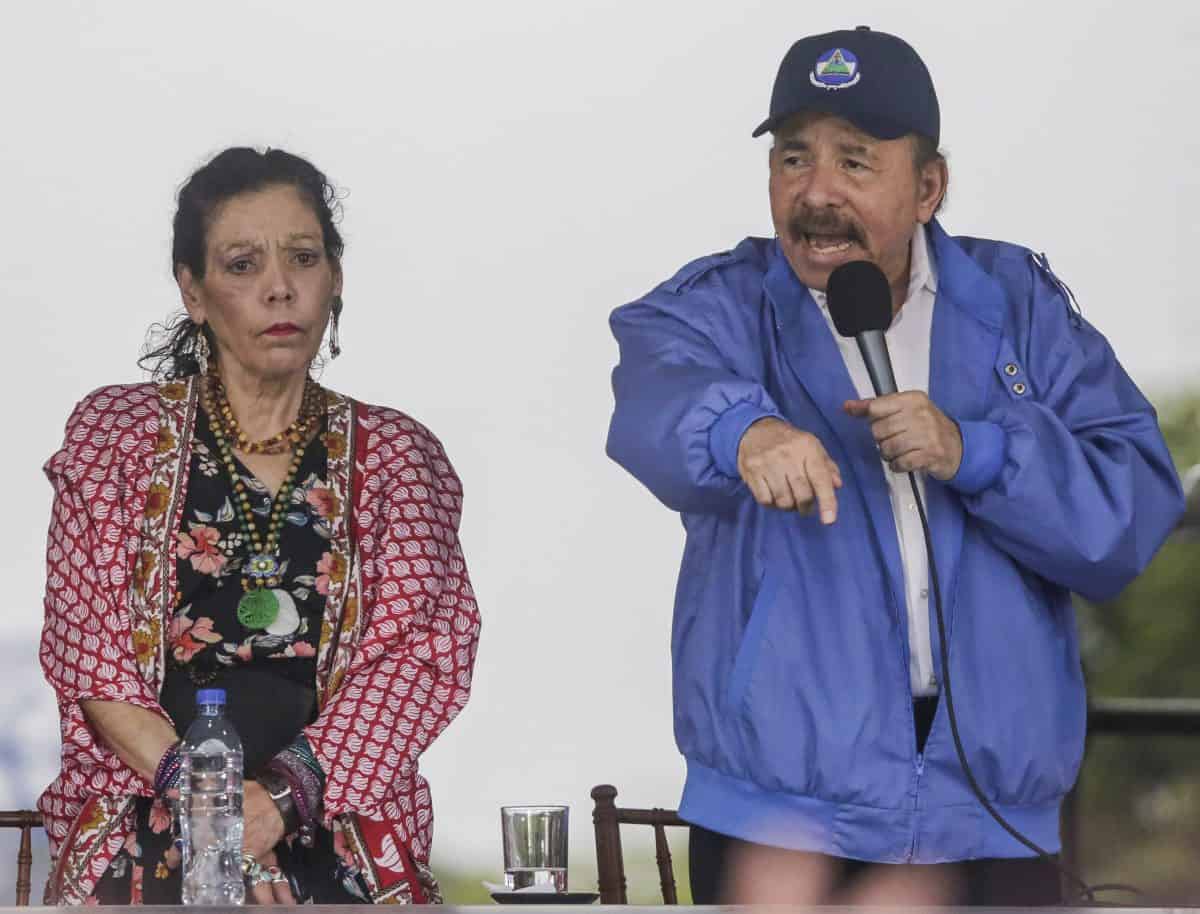President Joe Biden ordered the extension of the national emergency declaration for one year due to the “threat” posed by the situation in Nicaragua to “the national security and foreign policy” of the United States, the White House announced this Thursday.
The situation in Nicaragua, governed by President Daniel Ortega and his wife and Vice President Rosario Murillo, “continues to represent an unusual and extraordinary threat to the national security and foreign policy of the United States,” Biden states in a decree.
The President cites “the violent response” to the protests that began in April 2018, “the ongoing dismantling and systematic weakening of democratic institutions and the rule of law,” the “use of indiscriminate violence and repressive tactics against civilians,” and the corruption “leading to the destabilization of the economy.”
For this reason, Biden decided that the national emergency declared in 2018 should remain in effect once it expires on November 27th.
The 2018 anti-government protests, which lasted at least three months with roadblocks and clashes, resulted in more than 300 deaths, according to the UN.
The Ortega government linked them to an alleged failed coup attempt promoted by Washington.
The relationship between the United States and Ortega, a former guerrilla in power since 2007, has been especially tense since the Nicaraguan elections of 2021, which were considered fraudulent by the international community and were held with the president’s rivals imprisoned or in exile.
The United States and the European Union have sanctioned the government of Nicaragua for its measures against opponents, many of whom were detained, forced into exile, or stripped of their nationality. Additionally, Managua has banned more than 3,000 NGOs.






